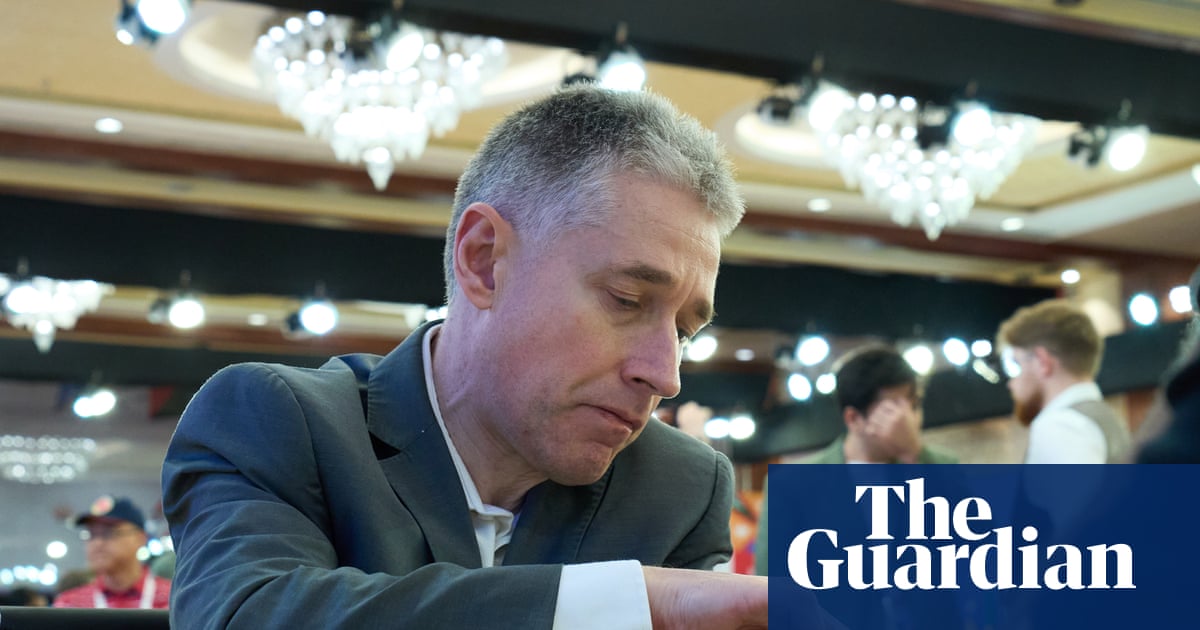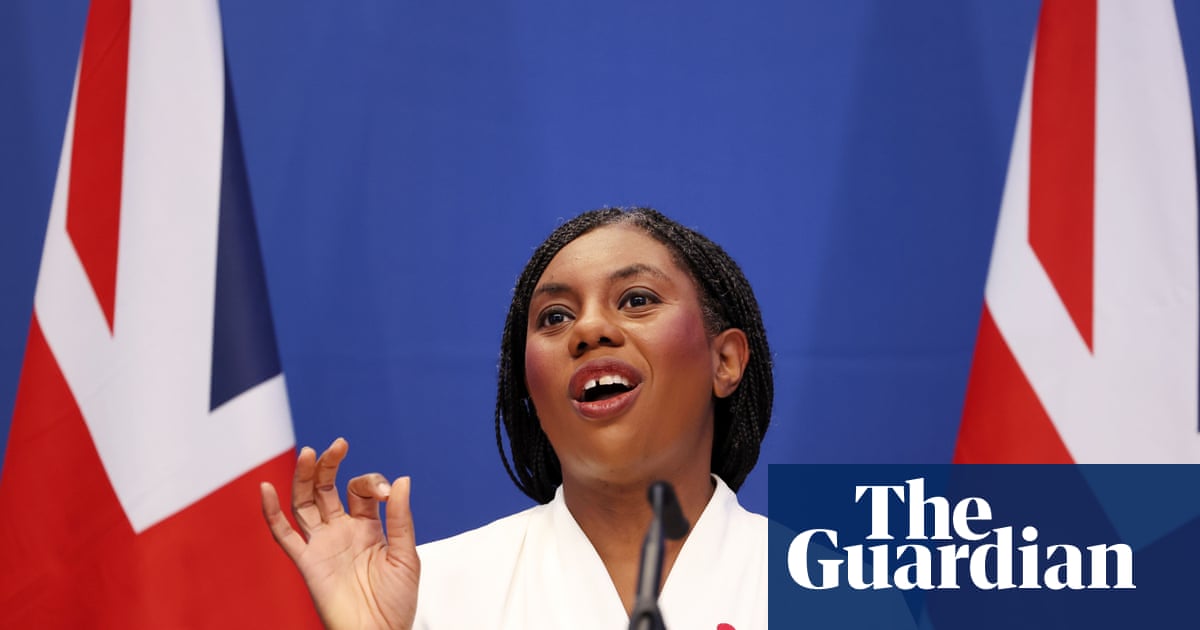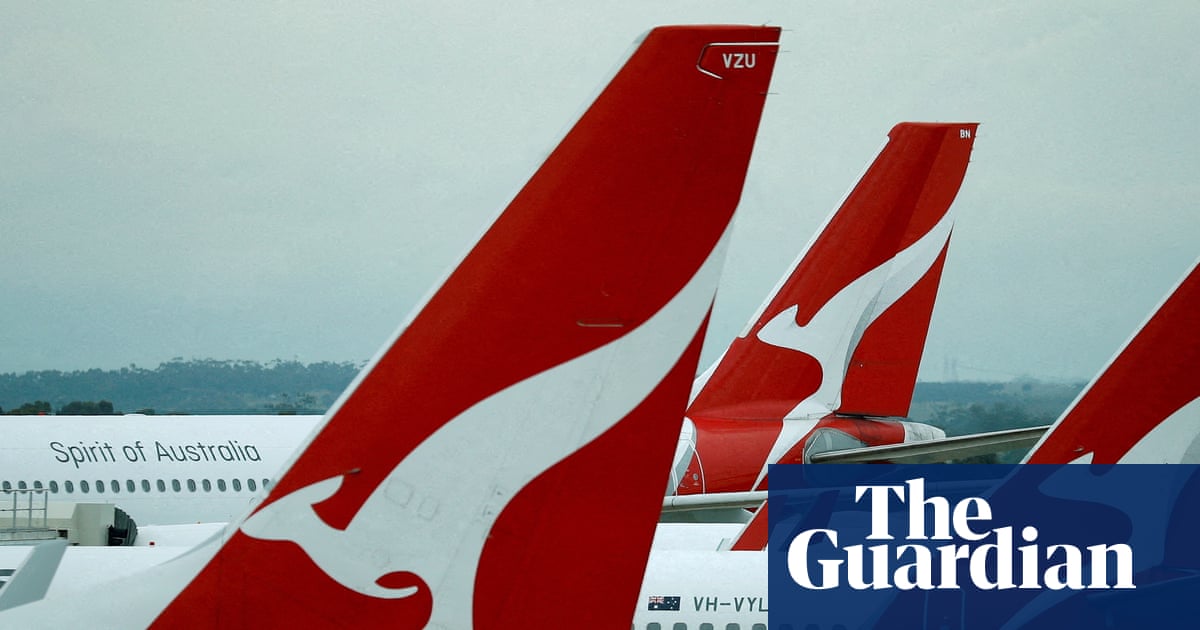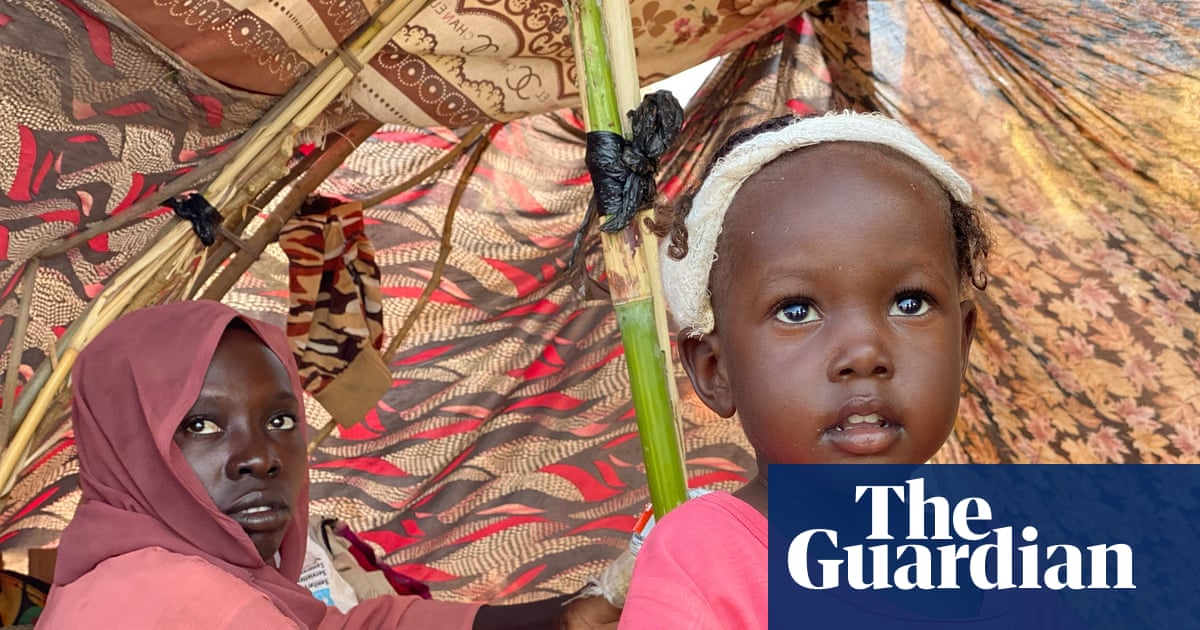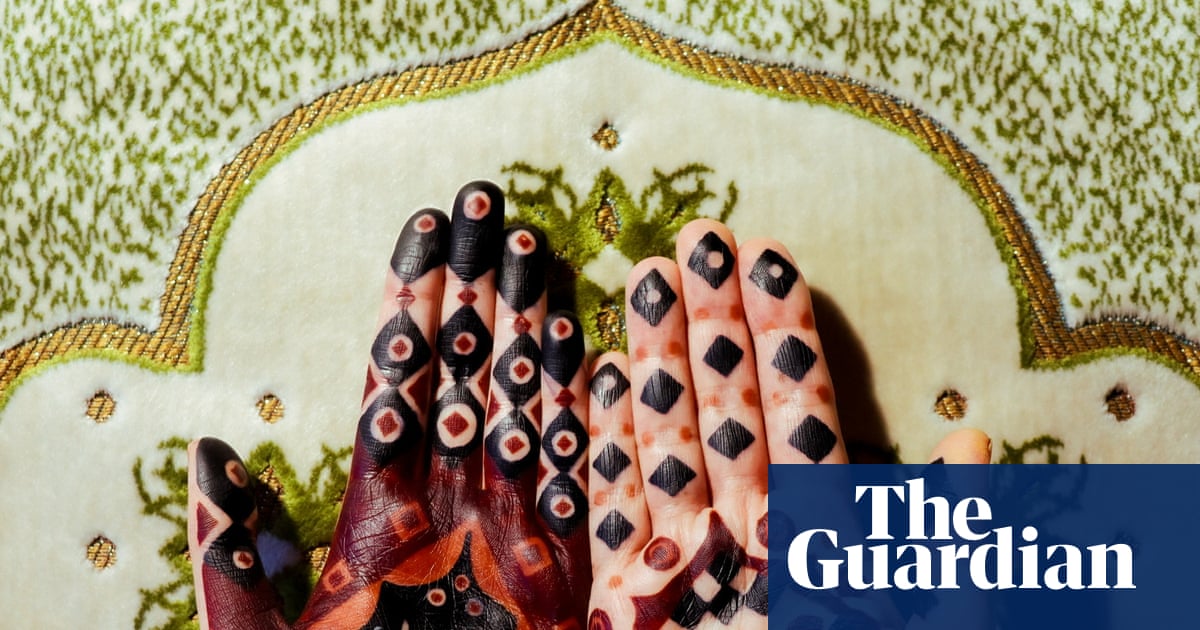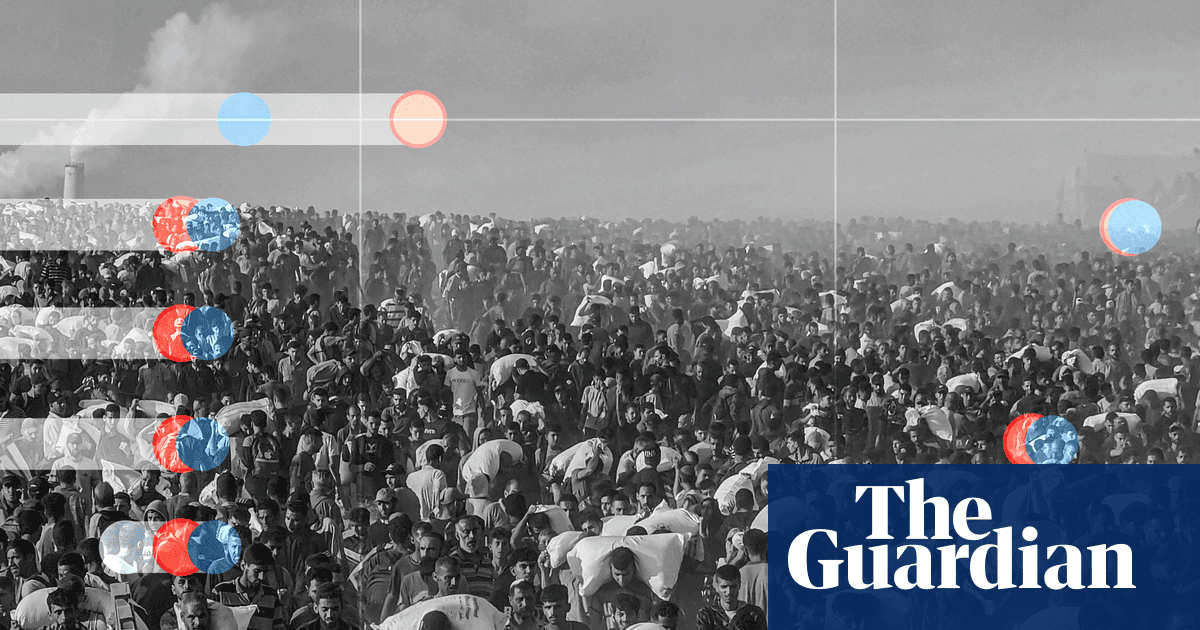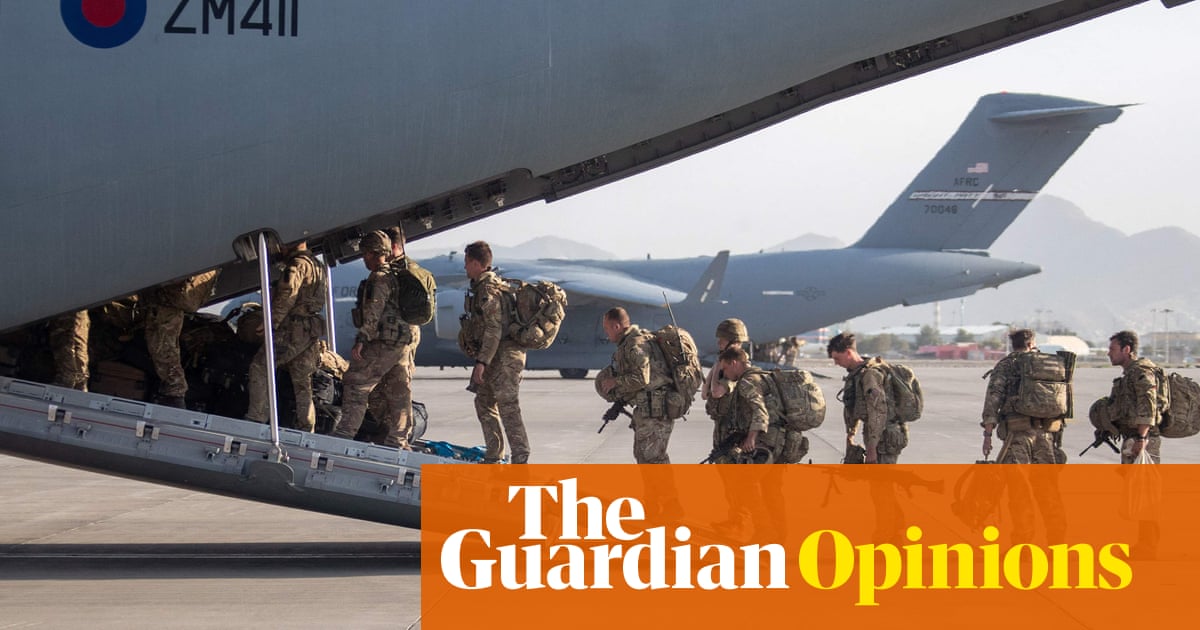For more than eight decades, the US dollar has reigned supreme as the world’s reserve currency – a position cemented at the Bretton Woods Conference in 1944 and reinforced by America’s postwar industrial power and military dominance.
Today, that supremacy is facing growing resistance from multiple directions – from African revolutionary movements to economic recalibrations in Europe, and from the counterbalance efforts of Brics nations to the geopolitical entanglements of Ukraine and Israel.
As global trust in Washington’s stewardship of the international financial order declines, the long-predicted transition to a multi-polar monetary world may finally be close.
At the heart of the de-dollarisation movement is Brics – the economic bloc of Brazil, Russia, India, China, South Africa, recently joined by Egypt, Saudi Arabia, Argentina, Ethiopia, Iran, and the United Arab Emirates. Brics has already surpassed the G7 in terms of purchasing power parity (PPP), amplifying its demands for a more fairly balanced global financial system.
The group has increasingly moved to conduct bilateral trade in national currencies, bypassing the need for US dollars. India and Russia, for instance, are now trading oil in rupees and rubles. China and Brazil have established settlement mechanisms in yuan and Brazilian reals.
Russia’s invasion of Ukraine and its subsequent exclusion from the Swift (Society for Worldwide Interbank Financial Telecommunication) system has accelerated these transitions.
The economist Jeffrey Sachs has frequently commented on Washington’s ongoing weaponisation of the dollar, wielding it through financial sanctions and trade barriers to assert its geopolitical agenda. Nations across the global south are pushing back in a determined effort to reclaim their sovereignty.
In Africa, particularly the Sahel region, a quiet revolution is gathering steam. Guided by leaders such as Ibrahim Traoré of Burkina Faso, they have officially announced their intention to abandon the CFA franc – a colonial relic tied to the euro and ultimately to French control. Traoré has emerged as a pan-African voice calling for economic independence, including a return to sovereign monetary policies.
A potential African currency, shared by west African nations, is being proposed not just as a financial tool but as a symbol of decolonisation. With support from Mali, Niger and Guinea, and with discussions by the powerful west African bloc Ecowas on the long-delayed “Eco” currency, the African continent is poised to challenge US and European monetary dominance.
This isn’t just economic policy; it’s identity. As pan-African voices demand sovereignty, a shared currency could signal an economic awakening decades in the making.
This movement is gaining moral backing from African intellectuals and economists such as the Kenyan professor PLO Lumumba, who argue that you cannot be politically independent if you are not economically free. This shift is not merely about money, but about dignity and direction.
In recent months, there have been renewed calls in Italy and Germany to repatriate portions of their gold reserves from the US, a development that has gone largely unreported in western media. The Bundesbank had previously signalled distrust during the Obama administration by recalling more than 300 tonnes of gold from both New York and Paris.
The fresh moves are linked to the return of Donald Trump, his unpredictability and aggressive tariffs, especially toward Nato and EU members. The second Trump presidency is upending transatlantic trust.
European nations are hedging against weaponised financial systems. If France or the Netherlands follow suit, it may signal the beginning of the end of US custodianship over Europe’s monetary assets.
While much of the world is expected to maintain strict fiscal discipline, the US continues to run jaw-dropping deficits. Its national debt has ballooned to more than $36tn (£25tn), with annual interest payments exceeding $1tn – more than the entire defence budget.
after newsletter promotion
Unlike other nations, the US can finance these deficits by simply printing more dollars – a privilege afforded by the dollar’s reserve status. But this creates an asymmetry: trading partners must earn dollars through exports or debt in order to interact with the global economy, while the US absorbs the benefits of infinite liquidity.
Nobel laureate economist Joseph Stiglitz has in the past warned this exorbitant privilege will not last for ever. The rest of the world is essentially lending to the US at zero interest, while suffering from inflationary pressures caused by its dollar creation. Stiglitz has argued that the dollar-based system has become inherently unjust and unstable – especially for emerging economies that must endure volatility they did not create.
Open-ended military aid to Ukraine and Israel is further eroding confidence in the US fiscal outlook and the dollar’s value. These wars, justified by national security and ideological imperatives, are increasingly funded through deficit spending.
The paradox is glaring: Washington prints money to fund arms shipments abroad, while inflationary effects ripple through developing countries still tied to the dollar. As inflation bites and interest rates climb, capital flows are redirected back to the US in search of yield, strangling credit and growth in the global south.
US foreign policy is no longer compatible with economic prudence. The military-industrial complex is crowding out sustainable development.
However, more than 58% of global reserves remain in – and nearly 90% of all currency exchanges still involve – dollars. Its network effect, deep capital markets, and geopolitical leverage are formidable.
But that dominance rests on trust – the true foundation of any currency – and that trust is eroding. What we are witnessing is not a collapse, but a transition. A multipolar currency system may emerge over the next few years, with regional blocs relying on national or collective currencies, from the Chinese yuan and Indian rupee to a potential African Eco and Brics-backed financial instruments.
The question isn’t if the dollar loses supremacy, it’s when. The challenge for Washington now is whether it will reform and share the financial order – or cling to outdated privileges until the world has moved on without it. Just this week, Donald Trump threatened increased tariffs of 10% for “un-American” Brics nations and any countries aligning themselves with the 10-member bloc.
The dollar was born in a world where the US commanded moral authority, industrial might and trust. But the post-Covid, post-colonial world is different. Countries across the globe are reclaiming their monetary agency, questioning the rules of a game long rigged in Washington’s favour.
Now in 2025, the ongoing genocide against the Palestinian people has profoundly deepened global outrage, and in the eyes of the global south, it has shattered the last vestiges of moral authority once claimed by the US and Europe.
De-dollarisation is not a threat to global stability. It is a rebalancing – one that demands fairness and equity. The global south is no longer asking for change, they are enacting it. If the US fails to recognise this, it risks not only its currency but its global influence. Reform or retreat.
As Sachs said, the US cannot lead the world by force for ever. Sooner or later, people will stop following. The reality is the world isn’t walking away from the US – it’s walking toward itself. One currency at a time.

 3 months ago
62
3 months ago
62



